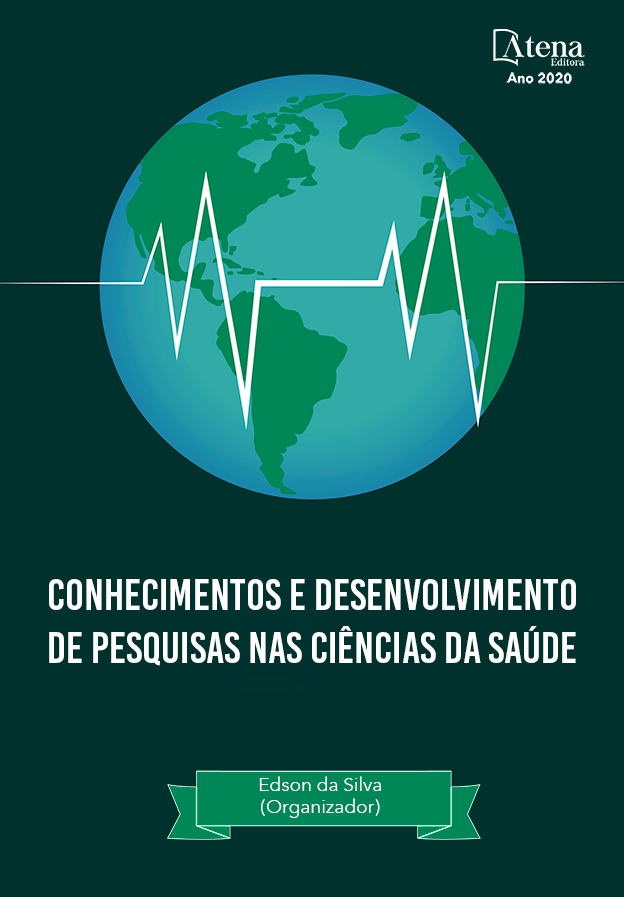
SAÚDE DA MULHER NO PUERPÉRIO: EXPERIÊNCIAS NA FORMAÇÃO ACADÊMICA EM ENFERMAGEM NA ATENÇÃO PRIMÁRIA
A assistência realizada para a mulher no período do puerpério não deve ser negligenciada, sendo necessário garantir o cuidado com integralidade como concerne o pilar do Sistema Único de Saúde (SUS), desprendendo esforços dos profissionais tanto no âmbito hospitalar como na Atenção Primária de Saúde (APS). Reconhecendo os fenômenos que permeiam o puerpério, o profissional deve estar atento e realizar práticas de promoção e prevenção à saúde das parturientes, com objetivo de prevenir complicações e prestar um atendimento de qualidade e resolutividade. Assim como a qualidade e de um bom acompanhamento do pré-natal, reflete diretamente no puerpério, onde se evidencia o entendimento, ou não, de conhecimentos e informações advindas da futura mãe com os cuidados consigo e com o recém-nascido. O acompanhamento puerperal, em diferentes cenários de prática, é essencial para evitar e reparar danos que possam ocorrer e instruir sobre os cuidados e condutas que mostram-se necessários e fundamentais. O presente exposto tem por objetivo abordar questões referentes ao puerpério e seu manejo clínico na Atenção Primária à Saúde, relacionando a temática com vivências desenvolvidas em um curso de Graduação em Enfermagem. Foi possível observar que o profissional de enfermagem se depara com limitações e potencialidades dentro do serviço de saúde no que tange o cuidado à saúde da puérpera e do recém-nascido. Cabe ao profissional realizar buscas científicas que embasam seu cuidado e desprender de esforços para que a assistência seja realizada com maestria e qualidade e a formação em enfermagem deve dar embasamento a essa busca. Dessa forma, conclui-se que é imprescindível a realização das consultas de puerpério por acadêmicos, para que estes tenham uma aproximação com a prática, reconhecendo os mais diversos cenários que possam ocorrer na Atenção Primária à Saúde e que permeiam a saúde da mulher no pós-parto, para que possa desenvolver habilidades profissionais.
SAÚDE DA MULHER NO PUERPÉRIO: EXPERIÊNCIAS NA FORMAÇÃO ACADÊMICA EM ENFERMAGEM NA ATENÇÃO PRIMÁRIA
-
DOI: 10.22533/at.ed.82220251117
-
Palavras-chave: Consulta de Enfermagem. Período Pós-Parto. Atenção Primária à Saúde.
-
Keywords: Office Nursing. Postpartum Period. Primary Health Care.
-
Abstract:
The assistance provided to women during the puerperium period should not be neglected, and it is necessary to guarantee comprehensive care, as the pillar of the Unified Health System (SUS) is concerned, disregarding the efforts of professionals both in the hospital and in Primary Health Care ( APS). Recognizing the phenomena that permeate the puerperium, the professional must be attentive and carry out practices to promote and prevent the parturient's health, with the objective of preventing complications and providing quality and resolving care. As well as the quality and good prenatal care, it reflects directly on the puerperium, where the understanding, or not, of knowledge and information coming from the future mother with the care for herself and the newborn is evident. The puerperal follow-up, in different practice scenarios, is essential to prevent and repair damages that may occur and to instruct on the care and conduct that are necessary and fundamental. The purpose of the present article is to address issues related to the puerperium and its clinical management in Primary Health Care, relating the theme to experiences developed in an undergraduate nursing course. It was possible to observe that the nursing professional is faced with limitations and potentialities within the health service regarding the health care of the puerperal woman and the newborn. It is up to the professional to carry out scientific searches that support their care and to make efforts to ensure that care is carried out with mastery and quality, and nursing training should support this search. Thus, it is concluded that it is essential to carry out postpartum consultations by academics, so that they have an approximation with practice, recognizing the most diverse scenarios that may occur in Primary Health Care and that permeate women's health in the post delivery, so that you can develop professional skills.
-
Número de páginas: 13
- Caroline Menzel Gato
- Jennifer Clement
- Bárbara Stertz
- Liziane Bonazza
- Simone dos Santos Pereira Barbosa
- Adriana Cristina Hillesheim
- Heloisa Schatz Kwiatkowiski


